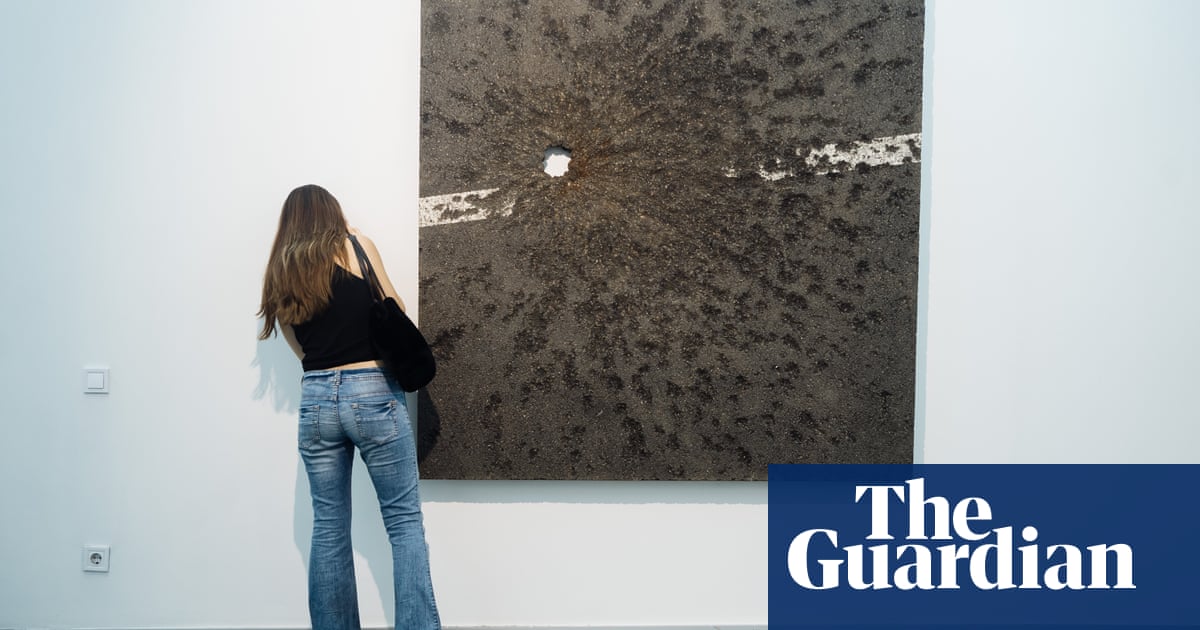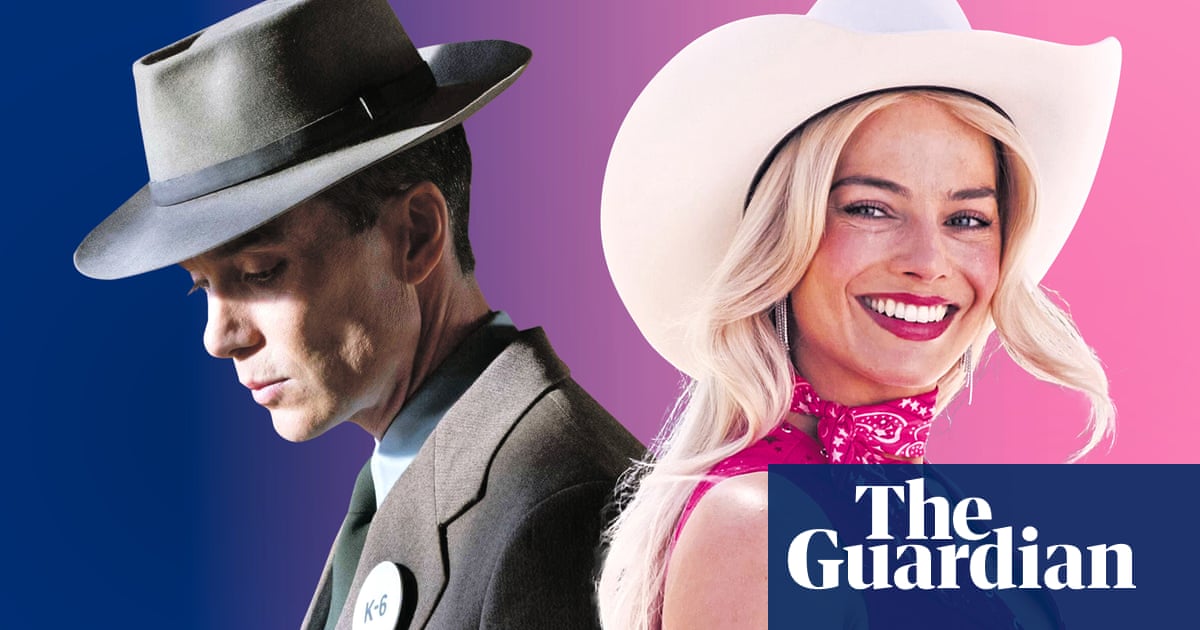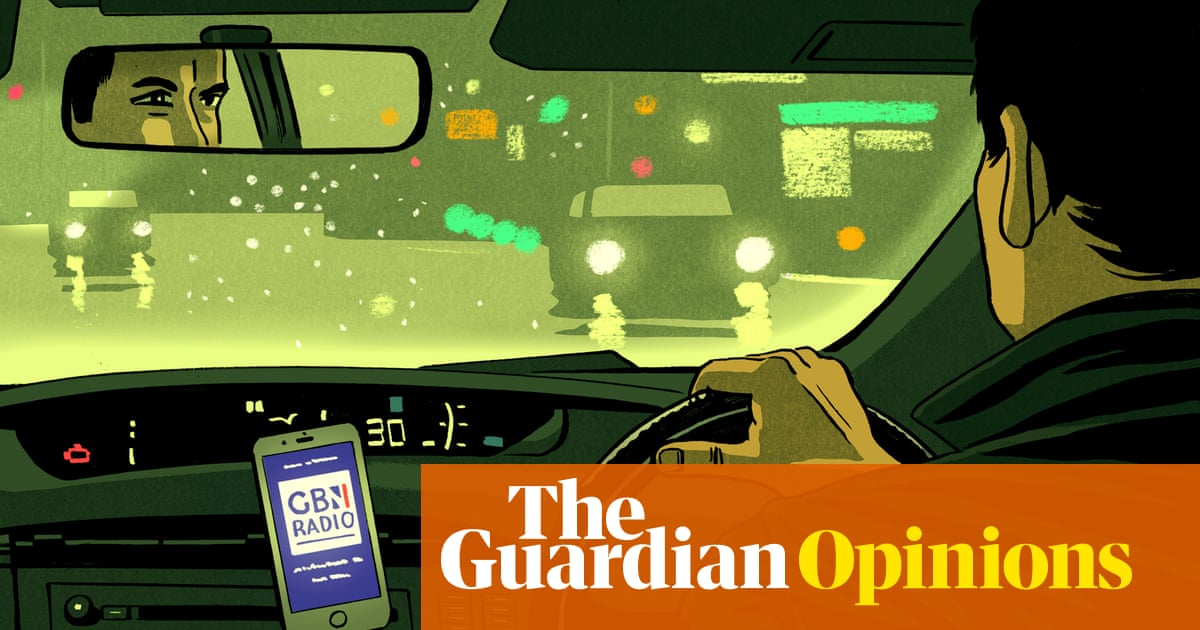
he purists would say I shouldn’t sing Christmas carols. Heathens have no right to be warbling about mangers, angels and holy nights. Strictly speaking, those tunes belong to the faithful, not to atheists like me. But on Christmas Day you will usually find me hovering beside the piano, waiting impatiently for the carolling to begin.
My mother will play the accompaniment, my sister will sing the melody, I’ll find a harmony and my brother will take the bassline. We four non-believers will regale the rest of the family with We Three Kings and none of us will care what the purists think.
Besides, everywhere you look, music has become detached from its origins. Didgeridoo drones are inserted into European electronica. European opera arias are turned into football anthems. Protest anthems are used in superannuation fund ads. Rituals detach from their origins, too. Easter began life as a celebration of the pagan god Eostre. Christmas has become a festival of shopping. Cultural rituals will jump over any fence we try to put around them, so I have no regrets about being a carolling heathen.
In our family, singing Christmas carols is a ritual celebration of our love affair with choral music. My grandfather sang and played organ in his local church, and his siblings and cousins loved to sing around the family upright piano. Both my parents could sing, my sister starred in the school musicals, and my brother and I sang together in youth choirs. In the lead-up to Christmas, my brother and I would busk with a vocal quartet in Melbourne’s resonant Block Arcade. One year, a German man threw $50 notes at us as we sang Silent Night in his language. He was far away from family and friends, and our song had taken him home.
Currently I’m a member of three singing groups. At this time of year, we would usually be polishing up our carols and dragooning our friends into buying tickets to our Christmas concerts. The French choir would be singing Joyeuse Noëlle, the chamber choir would be fa-la-la’ing in aged care homes, and the quartet would be sending our gloria in excelsis deo up to the vaulted ceiling of St Paul’s Cathedral.
But this year the music stopped. Covid-19, we learned, can be contracted by inhaling airborne particles, so the chances of creating super-spreader events at choir rehearsals were horribly high. Singing together via Zoom has been almost impossible. The fractional delays between each person’s audio transmission result in a hideous cacophony. Muting yourself and singing together-but-alone is a poor substitute. All through the long winter my music folders gathered dust on the piano. Even now, as we creep towards elimination of the virus in this country, most choral singers are too nervous to get together in person.
On Christmas Day the singing members of my family could try spreading ourselves around the piano room, keeping 1.5 metres between us. Or we could turn our backs on each other while we sing. It doesn’t sound as much fun as crowding around the keyboard. But there’s another reason why our singing voices may remain silent this Christmas Day. We have lost our beloved accompanist. In August this year Covid-19 swept through the aged care home where our mother was living. The virus that stopped the singing also ended her life.
She knew the day would come when she would not be around for the carolling. Every Christmas for the past few years she advised me to start practising the accompaniment, so I’d be ready when she could no longer play for us. She had already swapped her baby grand piano for my old upright, hoping this beautiful object – now ensconced in my living room – would entice me back to the keyboard. It didn’t work.
Was this because I didn’t want to acknowledge she wouldn’t live forever? Or was it something more juvenile – the recurrence of an old irritability? Throughout my childhood Mum insisted I practise the piano and clarinet every day. I loved being able to play these instruments but loathed having to spend hours shut up alone in the music room, tinkling and tooting. When, as an adult, I studied opera singing, my mother’s voice was in my head every day: “Have you done your practice yet?”
Now – of course – I regret having ignored her warnings about the carols. My piano-playing fingers are stiff and forgetful. My attempts to play the accompaniments are just a series of clanging mistakes. Even my singing voice is rusty, after months of no choir rehearsals. Will this be the year when our family carolling tradition finally dies out? I can picture our mother pointing at the silent piano and shaking her head in disappointment.
Maybe there’s another way. My nephew plays a mean guitar. Maybe I can hand the baton on to him this year. Perhaps this family ritual can adapt and change.
I’m not ready to let it go just yet.
Sian Prior is the author of ‘Shy: A Memoir’ (Text Publishing) sianprior.com












